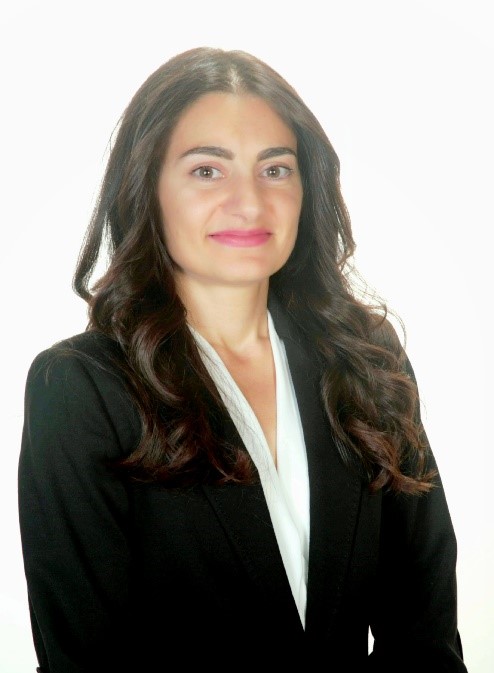
-
School Faculty of Business and Law
-
Department Law and Social Sciences
-
Location London
Research activities
Current Teaching
I have previously taught in a variety of formats including largelectures, smaller classrooms, seminars, and individual tutorials. I am aware ofthe group dynamics that prevent some students – often, women – from speaking inlarger groups. I am strongly committed to ensuring equal opportunity andpromoting participation in diverse learning environments. For this reason, Ivary group size and composition in seminars and make myself available forone-on-one discussion. My teaching philosophy has been informed, broadened, andenriched by my research and past interactions. I have worked in an ethnicallydiverse and multicultural area of Italy which has exposed me to a variety ofsignificant issues regarding race, migration, and multiculturalism. My interactionwith students has kept me up to date on emerging scholarship and pushed me toexplain insights from my own research in a way that connects to the students’projects and level of knowledge. I have shared insights from my work in a waythat has enabled students to clarify their own research questions and researchdesign for their dissertation research.
I am an enthusiastic teacher, and my aim is to motivate and inspire students tolearn. During my Ph.D. I assisted and taught B.A. and M.A. students, andcontributed to the department’s activities, including organizing seminars andconferences. Moreover, I independently developed the course syllabus andlectures for a course on the Interpretation of Literature, for the Departmentof Modern Languages and Literatures at the University of Urbino. Post Ph.D.(2014). Additionally, I was a lecturer of Arabic Literature, Language, andculture at “Area Intercultura”, a private center for Arabic Studies inSavignanosulRubicone (Italy), where I focused on: modern history of the IslamicWorld, modern Arabic literature, and Middle Eastern diaspora literature. I alsotaught Arabic as a foreign language to adult specialist and non-specialistlearners, designed the teaching materials for the program, and conducted the examinations.

